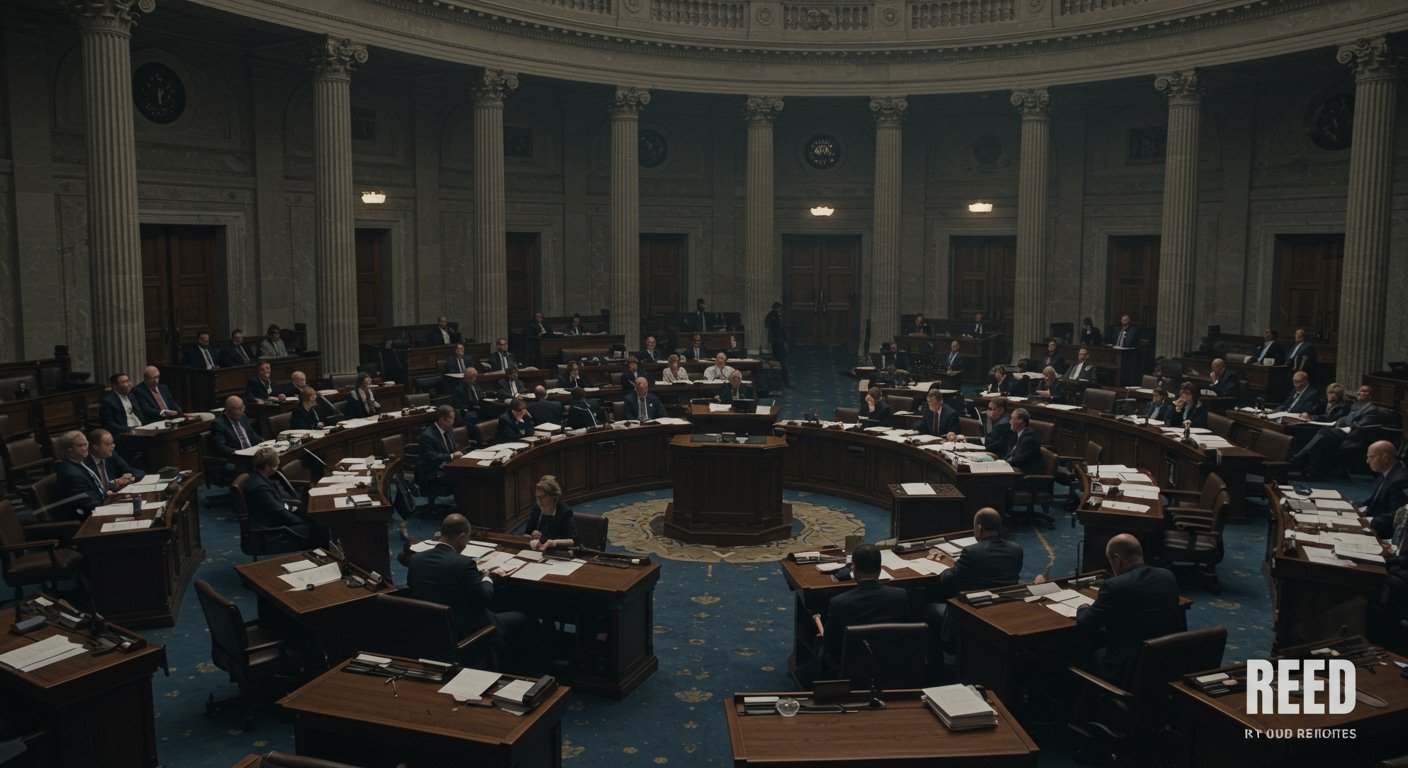Washington, D.C. — The Trump administration has announced a significant policy shift affecting the workforce of the Transportation Security Administration (TSA), stating its intention to remove certain union protections for approximately 47,000 employees. This action specifically targets the right to collective bargaining for these federal workers responsible for security screening at airports nationwide.
The move represents a substantial alteration in labor relations for a critical component of the U.S. homeland security apparatus. While federal employees generally have robust union rights, the unique security-focused nature of the TSA workforce has sometimes led to different regulatory approaches.
Administration Cites Policy Review
The administration’s decision follows what it described as a review of policies governing the TSA workforce. Officials indicated that the changes are intended to enhance flexibility in managing the security screening force, arguing that existing labor agreements and union protections could potentially impede rapid changes needed to respond to evolving security threats.
However, critics argue that stripping collective bargaining rights undermines worker morale and can ultimately harm security operations by limiting avenues for employees to raise concerns about working conditions, safety protocols, or equipment.
Union Denounces Decision
The announcement has drawn sharp condemnation from labor leaders. Everett Kelley, the National President of the American Federation of Government Employees (AFGE), which represents a large portion of the affected TSA workers, issued a strong statement criticizing the administration’s rationale and motives.
Kelley labeled the decision a “pretext for attacking the rights of regular working Americans across the country because they happen to belong to a union.” His remarks suggest that the union views this action not merely as a targeted change for the TSA, but as part of a broader strategy by the administration to weaken labor unions and diminish worker power across the federal sector and potentially beyond.
Impact on 47,000 Employees
The removal of the right to collective bargaining directly impacts the ability of the 47,000 TSA employees to negotiate with management over key aspects of their employment, such as pay, benefits, work schedules, and certain working conditions. Collective bargaining is a fundamental labor right that allows employees, through their union representatives, to have a formal voice in shaping the terms and conditions of their jobs through negotiation and agreement.
Losing this right means that decisions on these matters will primarily rest with management, with reduced formal input or negotiation power from the workforce representatives. Unions often use collective bargaining to advocate for better pay, safer working environments, clearer disciplinary procedures, and fair treatment, all of which they argue contribute to a more stable and effective workforce.
The Nature of TSA Work
TSA officers, often the public face of airport security, perform physically demanding and often stressful jobs under constant scrutiny. They are responsible for screening passengers and baggage to prevent prohibited items and threats from entering aircraft and secure areas of airports. The nature of their work involves strict protocols and a chain of command, but unions have historically sought to ensure that necessary security directives are implemented in a manner that is also fair and safe for the officers themselves.
Broader Implications
The union’s interpretation, as voiced by President Kelley, suggests that this move could signal intentions regarding union rights in other parts of the federal government or even serve as an example for private sector employers. By framing the action as a “pretext,” the AFGE implies that the stated security-related reasons are not the primary motivation, but rather an excuse to target organized labor.
The decision is expected to face legal challenges from the affected unions. Labor organizations typically view the right to collective bargaining as essential to protecting workers from arbitrary management decisions and ensuring fair treatment.
As the situation develops, the implications for the morale, retention, and overall effectiveness of the 47,000 strong TSA workforce will likely be closely watched by lawmakers, labor advocates, and the traveling public.












